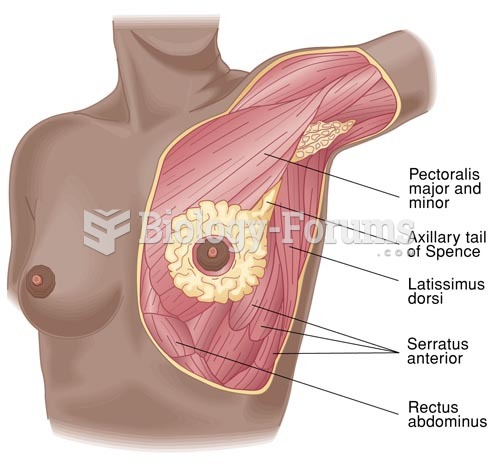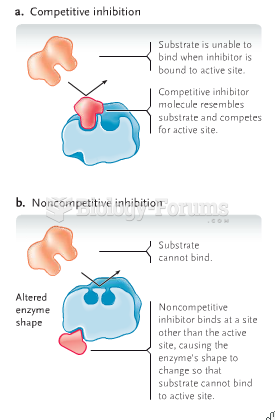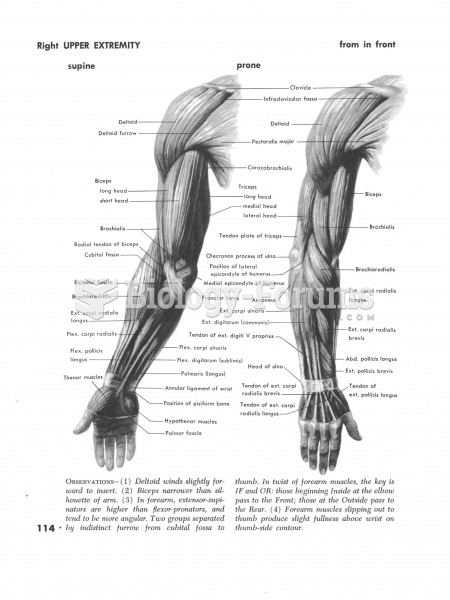This topic contains a solution. Click here to go to the answer
|
|
|
Did you know?
Elderly adults are at greatest risk of stroke and myocardial infarction and have the most to gain from prophylaxis. Patients ages 60 to 80 years with blood pressures above 160/90 mm Hg should benefit from antihypertensive treatment.
Did you know?
Women are 50% to 75% more likely than men to experience an adverse drug reaction.
Did you know?
There are approximately 3 million unintended pregnancies in the United States each year.
Did you know?
There are more sensory neurons in the tongue than in any other part of the body.
Did you know?
Cancer has been around as long as humankind, but only in the second half of the twentieth century did the number of cancer cases explode.







